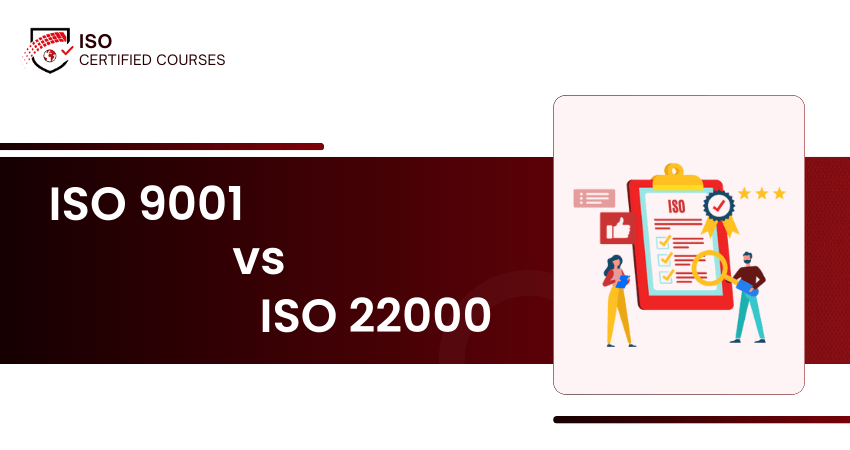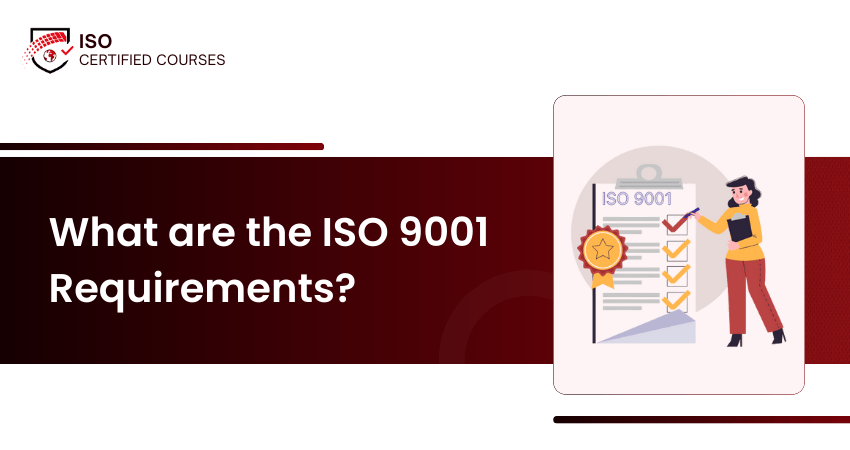What Is ISO 17020 Training Courses ?
ISO 17020 is the international standard that outlines the requirements for the competence of bodies performing inspections. It ensures impartiality, consistency, and technical accuracy in inspection processes. This training prepares individuals to understand and apply the standard across different types of inspection bodies — Type A, B, or C — to meet accreditation requirements and improve service credibility.
Countries
Locations Worldwide
Years of Expertise
Certified Trainers
Where is ISO 17020 Applied in Real-world Industries?
Construction & Engineering: Ensure structural integrity through regulated inspections
Manufacturing: Maintain product quality and safety with third-party inspections
Environmental Services: Validate regulatory compliance in site and emissions assessments
Transport & Aviation: Conduct safety inspections of vehicles, aircraft, and equipment
Browse Our Courses
The Benefits of ISO 17020 Training Courses

60% improvement in inspection accuracy
ISO 17020-trained professionals report a 60% boost in accuracy while conducting inspections, thanks to improved understanding of conformity assessment principles and impartial evaluation methods.

55% increase in regulatory confidence
55% of individuals feel more confident working within industry regulations after completing ISO 17020 training, enabling them to perform inspections in compliance with legal and technical requirements.

48% better documentation and reporting
Trained inspectors experience a 48% improvement in preparing precise, unbiased reports using ISO 17020-compliant templates and protocols that enhance transparency and traceability.

46% stronger professional credibility
ISO 17020 Training helps professionals enhance their credibility in quality inspection roles, with 46% reporting higher trust from clients and regulators after completing the training.

50% fewer non-conformities in inspection bodies
Organisations with ISO 17020-trained staff see up to 50% fewer audit findings, as employees adhere to robust procedures that align with internationally recognised inspection standards.

40% better risk management in operations
Businesses benefit from 40% improved risk control when their inspectors are ISO 17020-trained, leading to consistent service quality and fewer compliance failures across inspection activities.
Our ISO Training, Your Format
Choose the training format that fits your team’s goals, schedule, and preferred learning style. Our ISO Certified Courses are designed to deliver consistent, high-quality learning, anytime, anywhere.
Classroom Training
Online Instructor-Led Training
Online Self-Paced Training
Discover Your Ideal ISO Learning Path and Build a Standards-driven Future
Proven ROI: Why ISO Standards Matter
67% of organisations implementing Quality Management Systems report significant savings.
24/7 Learning Assistance

Served 10K+ Global Learners
Frequently Asked Questions
What is the main purpose of ISO 17020 Course?
The main purpose of the ISO 17020 Course is to help professionals understand the requirements for operating inspection bodies, ensuring competence, impartiality, and consistent inspection processes aligned with international standards.
Who should take the ISO 17020 Training?
This course is ideal for inspection personnel, quality managers, accreditation coordinators, auditors, and professionals involved in third-party, internal, or regulatory inspections.
What are the key requirements of ISO 17020?
The standard focuses on competence, impartiality, consistent procedures, proper documentation, management systems, and the independence of inspection activities.
Is ISO 17020 applicable across sectors?
Yes, ISO 17020 is used globally in sectors like construction, manufacturing, utilities, transport, and public service inspections.
What version of ISO 17020 is currently in use?
The current version is ISO/IEC 17020:2012, which defines updated criteria for inspection body operations, impartiality, and competence.
Explore Our Most Popular Topics
Satisfied Clients From 5k+ Organisations In Different Fields












What Our Clients says about us
The ISO 9001 Internal Auditor Training gave me practical insight into quality systems and how to apply audit techniques effectively. The sessions were clear and approachable, even without prior auditing experience. I now feel confident reviewing documentation, identifying nonconformities, and contributing to continuous improvement. The real-world examples and audit scenarios helped me understand the practical side of compliance and how it fits into our daily operations.
Completing the ISO 45001 Foundation Training provided me with a solid understanding of occupational health and safety standards. The training clarified legal requirements, hazard identification, and risk control measures. I’ve applied this knowledge to improve our incident response protocols and reinforce safety culture within the team. It’s also made me more effective at communicating compliance expectations and supporting ongoing H&S initiatives.
The ISO 22301 Foundation Training helped deepen my knowledge of business continuity planning and risk preparedness. The course content was practical and focused on real implementation challenges, which I could immediately relate to my role. I now play a more active part in reviewing continuity plans and coordinating recovery strategies. The training has improved how we manage operational risks and strengthened our overall resilience.
I registered my team in the ISO 9001 Lead Implementer Training, and the improvements were visible right away. The training gave us the tools to standardise workflows, enhance documentation, and build a consistent quality management system. The team has taken ownership of processes and is now more proactive in identifying areas for improvement. It’s significantly enhanced how we align with best practices and deliver results with greater reliability.
Our team participated in the ISO 45001 Lead Auditor Training to reinforce our internal safety and compliance framework. The training not only improved our auditing skills but also helped us critically assess our workplace health and safety practices. We’ve since implemented stronger controls and improved reporting structures. The shift in awareness and engagement has been very positive, especially in high-risk areas.












































